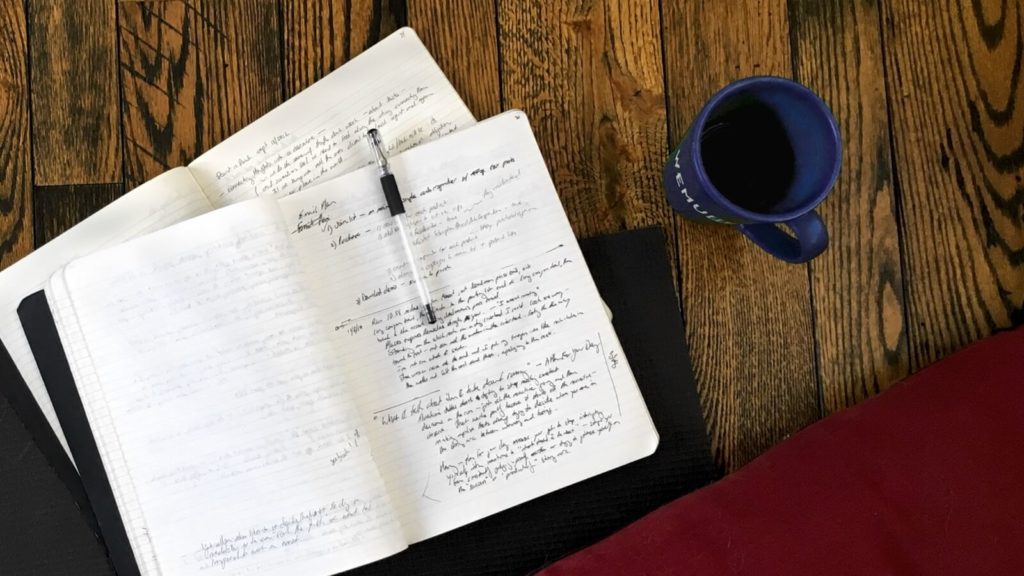
SeedCode’s KC Embrey has been getting more blogging done recently and told me about how he’s found time for his creative work. Like many of us, KC’s work is a mix of reactive stuff (supporting customers, squashing bugs) and proactive work like blogging. He says that he used to keep working at the reactive stuff, working harder and harder, so that he could switch over to the writing when he “got ahead” or when there was a gap in the work. But the gaps rarely came.
Recently, he switched to just making a gap for himself–blocking off a couple hours on the calendar–and knowing that anything happening in his support role could wait for those two hours. His other work would flow around that gap, just like it did when he went to the doctor, had to take his dogs to the vet, or any of the other times when we have social permission to defer our work.
He decided to give himself permission, and then to defend that blocked out time from folks who wanted to schedule phone calls or meetings when he’d blocked off time to write. His blocked off time just wasn’t available for meetings–just as it wouldn’t be available if he had a doctor’s appointment at that time. [1]
Empty time to work doesn't just appear; you have to make it. Share on XMy wife, Kristi, was speaking in awe about a writer-friend’s schedule:
“She blocks off two whole days, Monday and Tuesday, to write! Of course, she does bits of writing the other days, amid all the business-of-being-a-writer stuff, but those two days…”
“She defends her writing time,” I said.
“Exactly!”
Tactics to Defend Your Time
Once you block off your time, how do you stick to it?
The whole-day strategy has a lot going for it. And part of why it works is instructive even for folks who have smaller chunks of time to block off and defend.
- By selecting Monday and Tuesday, she’s front-loading her week. This means that even if stuff crops up she’ll have gotten her writing done. I’ve seen the same thing work as friends move time for their creative work to fist-thing-in-the-morning. The defense here is that urgent and unplanned things always come up: front-loading means you tackle them after your blocked off time.
- Using whole days also means that no tasks started before writing will leak over into her writing time: there are no tasks before writing.
- Longer blocks of time mean less gear-switching: you don’t just feel less fragmented and more purposeful, you are less fragmented. [2]
- Bigger blocks of time also offer her a rolling start to her writing: if it’s particularly hard to get started one morning, and she doesn’t get into the writing for an hour or so, there is still a whole day’s blocked off time available to her. Compare this to blocking off an hour every morning: get a late start one morning and most of your time is shot.
Whatever amount of time you can block off for your most important work, defend it. Treat it like a doctor’s appointment, as if society agreed that when you make time for your work, everyone agrees to respect that time.
Notes
Leave a Reply